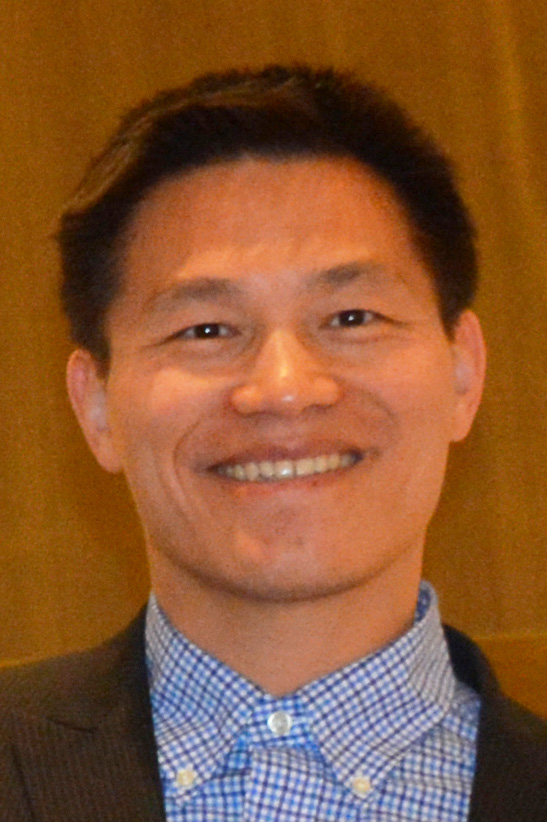
Zan Gao, PhD, associate professor in the School of Kinesiology and director of the Physical Activity Epidemiology Laboratory (PAEL), was recently awarded the Hourglass Integrative Therapies Cancer Research Award for his research on improving disease management and health outcomes for breast cancer survivors (BCS).
The long-term goal of Dr. Gao’s research is to enable BCS to develop a healthy lifestyle using e-health delivered complementary therapy for better disease prevention and management. This project aims to examine the effects of a Tai Chi (TC) exercise app on stress reduction and health outcomes in BCS in a pilot randomized controlled trial. Guided by Social Cognitive Theory (SCT), their central hypothesis is that TC intervention will be more effective on stress and health outcomes than control conditions among BCS. Forty BCS will be recruited and randomized into one of two groups after baseline measurement: 1) TC app intervention group: will install the 7 Minute Chi app, and be included in a private Facebook group wherein the researchers will provide weekly health information to improve SCT-based exercise beliefs; and (2) control group: will only receive identical weekly Facebook health information. The primary outcomes are stress and quality of life, and secondary outcomes include blood pressure, daily moderate-to-vigorous physical activity, sedentary behavior, sleep, and SCT beliefs. Outcomes will be assessed at baseline and 12-week post-intervention (end-point).
The study’s specific aims include: Aim 1: Examine the effects of a TC app program on stress and quality of life (e.g., anxiety, depression) among BCS as compared to the control condition over a 12-week period. Aim 2: Determine the effects of the TC intervention on BCS’ secondary health outcomes.
This research attempts to examine an innovative app-based complementary therapy on health outcomes while encouraging peer rapport in BCS. If successful, it can significantly impact the development of novel and cost-effective integrative programs for postmenopausal BCS. It is especially imperative for health professionals to deliver integrative programs remotely due to social distancing under COVID-19 and future pandemic crisis.



